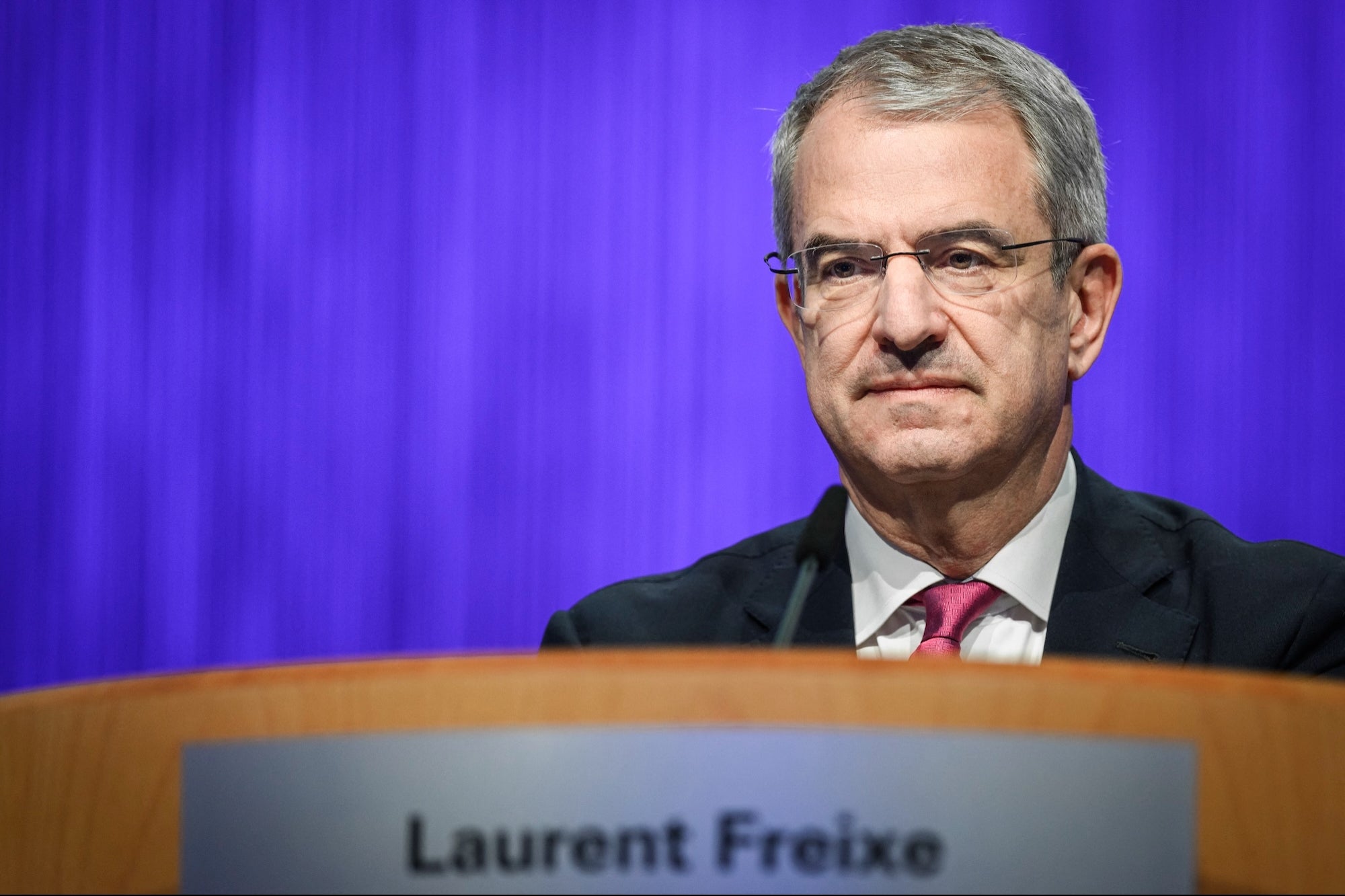Here Are Your Entrepreneurial Elders' Top 3 Concerns About Passing the Baton The largest wealth transfer is ongoing, and in some cases, accelerating faster than we predicted. Here are the main concerns that older generations have about passing on their business to their heirs.
By William Louey Edited by Chelsea Brown
Key Takeaways
- Most family elders are highly concerned about how they would go about educating their children about the family assets and businesses.
- Different types of emotions can get in the way of discussions about inheriting the business, which can be difficult to navigate.
- Another concern is the acceleration of intergenerational wealth.
Opinions expressed by Entrepreneur contributors are their own.
Between now and 2048, an estimated $124 trillion in family assets will be passed from Generation X to millennials and Gen Z, the first mass transfer of its kind. This is a phenomenon so significant that it is named the Great Wealth Transfer, and it's an event that began unfolding in the mid-2010s, catalyzed by the retirement of the Baby Boomer generation.
A market research firm called Cerulli and Associates estimated that out of the $124 trillion worth of assets that will be transferred, around $105 trillion will be inherited directly by heirs and $18 trillion will go to charity. Swiss banking giant UBS, in its 2024 wealth report, estimated that $83 trillion globally will be passed on within the next two decades, and that a large chunk of these assets will be held across the Asia Pacific region. A recent McKinsey report showed that the value of these assets circulating in this Eastern region could be worth $5.8 trillion by 2030.
As a fourth-generation heir of the Kowloon Motor Bus Company, Hong Kong's oldest transportation company, I inherited my family's wealth at a really young age due to premature deaths within my family. Despite this, I managed to carry the business forward as a director and figurehead, which I believe is rare since research has shown that as many as 90% of family wealth is often lost by the third generation. I am in a unique position to speak about this subject as a Baby Boomer looking to transfer to younger generations.
Among the concerns the older generation may have about the Great Wealth Transfer and how it will be orchestrated successfully across the coming years, here are what I consider to be three of the most salient points.
Related: 3 Ways to Prepare Yourself for the Great Wealth Transfer
1. Gauging millennial and Gen Z's financial interest
Most family elders, especially in Asia, are highly concerned about how they would go about educating their children about the family assets and businesses. How willing would their heirs be to take over a business that has been continuing for more than a hundred years? This is a common concern due to the fact that some of the oldest companies in the world are currently held by families in the East.
This concern is compounded by the fact that Baby Boomers and Gen X have significantly different attitudes to money compared to their heirs, since these generations have been conditioned to aim for a "job for life," with intense focus on accumulating savings for retirement. According to an article by the Financial Times, millennials (1981-1996) lack financial education, having the propensity to build up credit card debt, while Gen Z possess a short-term fiscal outlook compared to their elders.
2. Emotions can get in the way of discussions
There may be different types of emotions at play whenever the Great Wealth Transfer is mentioned in a family business. Older generations are generally more reluctant to discuss financial affairs more openly with younger generations, which can act as a barrier to effective communication. Moreover, younger generations may find it distressing to have discussions about inheriting wealth and business, as they often have connotations of death.
Younger generations can also have significantly differing views to their elders when it comes to running a company, with evidence showing that they are more socially aware of issues that affect the world, such as climate change, AI revolution and globalization, while some members of older generations may have a more conservative attitude, with a greater focus on wealth preservation and conservation. These differences can make discussions about business succession more heated and prone to disagreements and family conflicts. This is one of the main reasons families delay these important conversations from taking place, which could negatively affect a smooth transfer.
Related: Passing the Family Company to the Next Generation Is a Complicated Business
3. A rush to transfer wealth
An article written by the Guardian showed that the 2020 pandemic has accelerated the intergenerational wealth transfer due to unforeseen, untimely deaths. Many members of younger generations, especially in the UK, are beneficiaries of unexpected windfall, according to Treasury figures, which found that a record-breaking volume of inheritance tax was collected during 2021 and 2022: £6.1 billion.
Research from Capital Group also found that high-net-worth families are actually accelerating the transfer of wealth to their heirs, in a survey conducted with 600 individuals across Europe, Asia Pacific and the U.S. The report found that 65% of Gen X and millennial inheritors who participated in the research said they had regrets about how they used their inheritance money, with nearly two in five respondents wishing they had invested more of their assets after the transfer.
With these concerns percolating in older generations' minds, it is only wise for family businesses to plan well ahead for the Great Wealth Transfer. Have those difficult conversations with your heirs early on so that unpredictable shifts will not shake up your family's assets. And more importantly, it is important to ensure that the family wealth's purpose is well-defined in this increasingly complex and volatile world, and for that, meaningful conversations between the generations need to continue. Family businesses can no longer rest on their laurels.











